Library
Discover the latest innovations, learn about promising practices, and find out what’s coming next with best-in-class resources from trusted sources.
Is there something missing from our library?

Search and filters
Search for the topic or resource you're looking for, or use the filters to narrow down results below.
Results
-
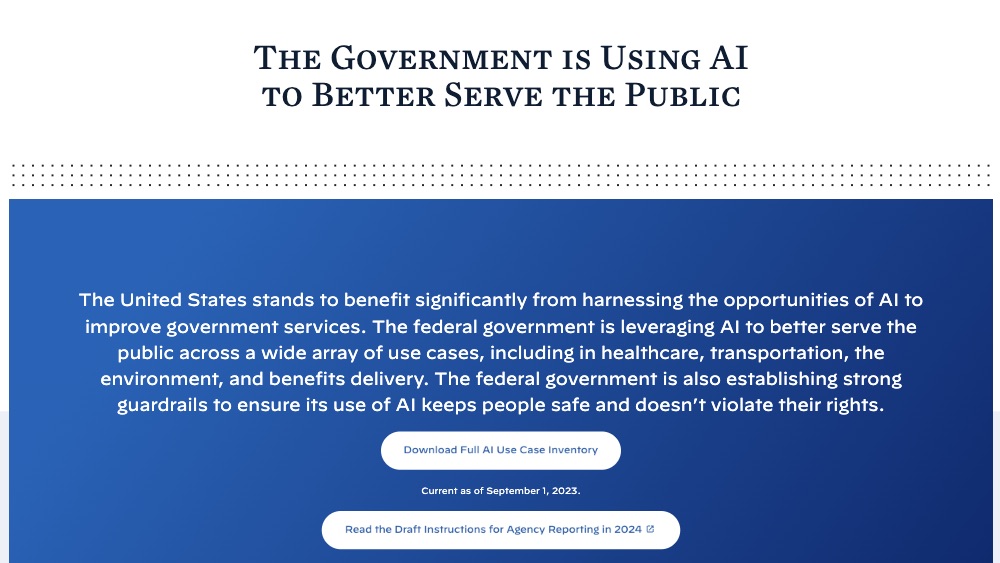
Government Uses of AI
A repository of artificial intelligence (AI) use cases from U.S. federal government agencies
-
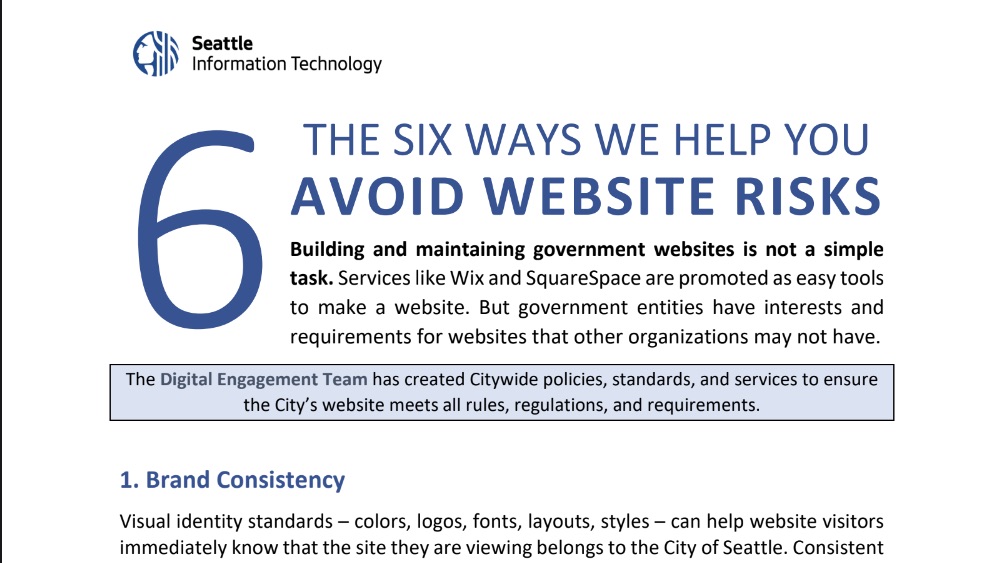
The Six Ways We Help You Avoid Website Risks
Short guidelines to help entities understand how the City of Seattle Information Technology's Digital Engagement Team can help avoid website risks.
-
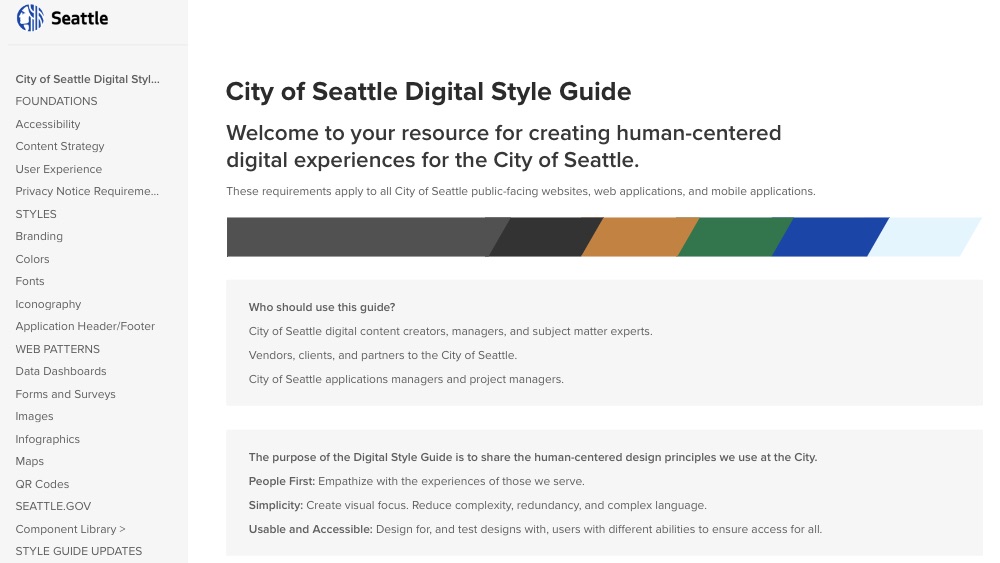
City of Seattle Digital Style Guide
Style guide for creating digital experiences in the City of Seattle
-

Working in the Open Feels a Bit Like Showing Everyone My Messy House
Blog from Annie Goodwin about her experience "working in the open" on the development of British Columbia's Digital Code of Practice
-

Walking the Walk: Lessons learned from developing policy in the open
Join host Gen Lambert as she welcomes Annie Goodwin and Amy Kirtay to the table for this special edition #DigitalBC Livestream, "Walking the Walk: Lessons learned from developing policy in the open."
-
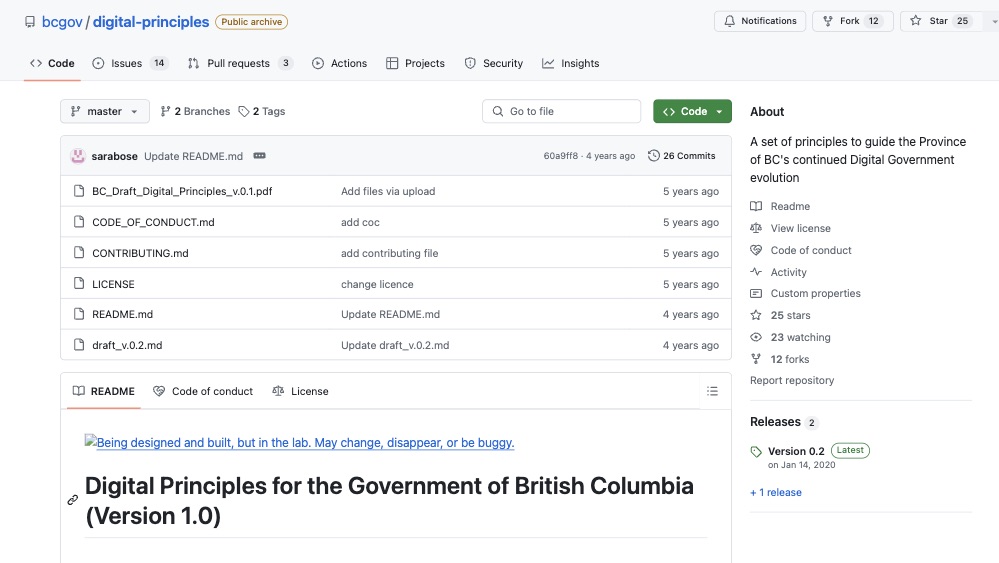
Digital Principles for the Government of British Columbia
A set of principles to guide the Province of British Columbia's continued Digital Government evolution.
-
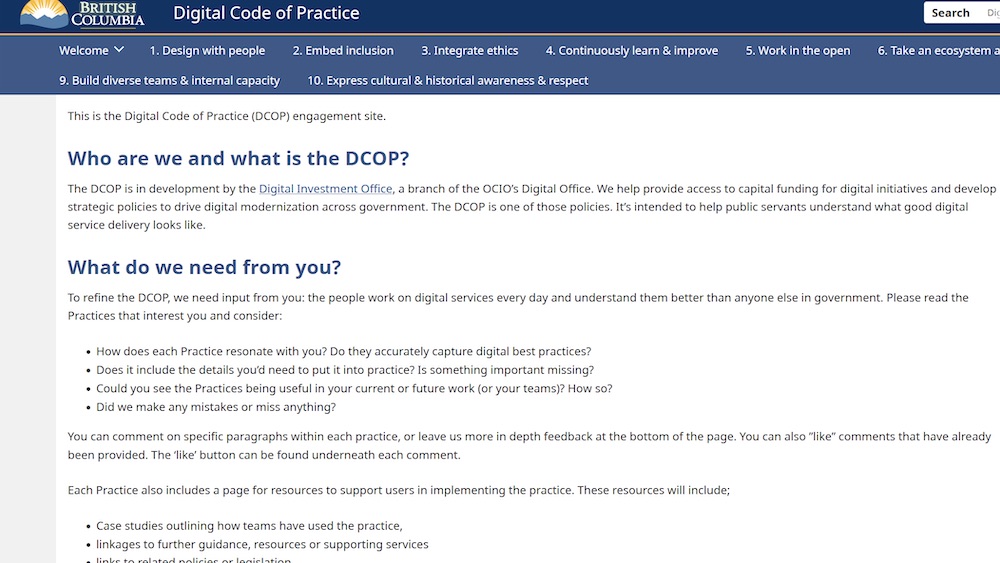
British Columbia’s Digital Code of Practice Engagement Platform
Screenshot of the British Columbia's Digital Code of Practice Engagement Platform.
-
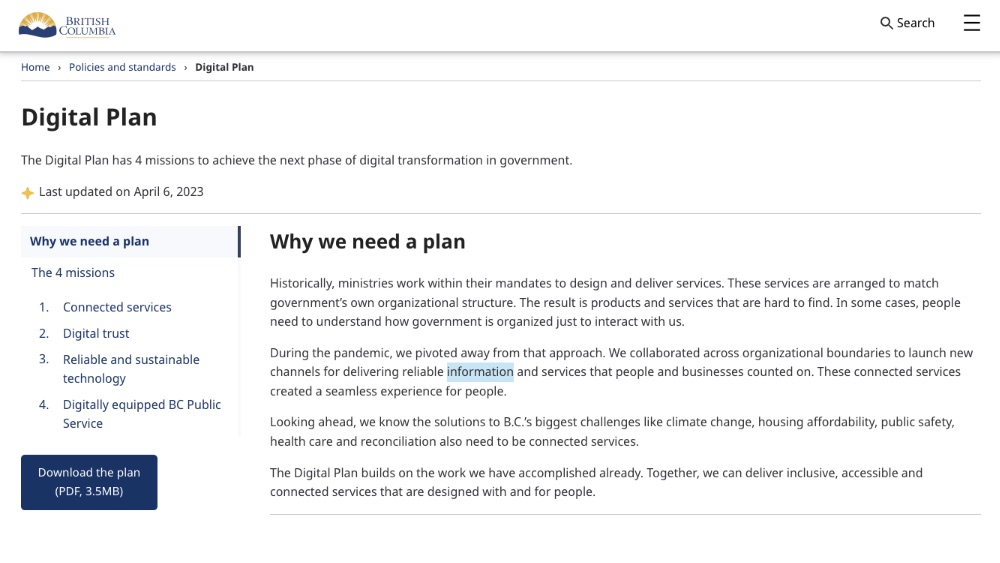
British Columbia Digital Plan 2023
The Digital Plan for the Government of British Columbia's digital transformation efforts.
-

Rules as code: Seven levels of digitisation
This report, written for practitioners, classifies “digital transformation” of legal rules into a hierarchy of levels to help establish common terms.
-
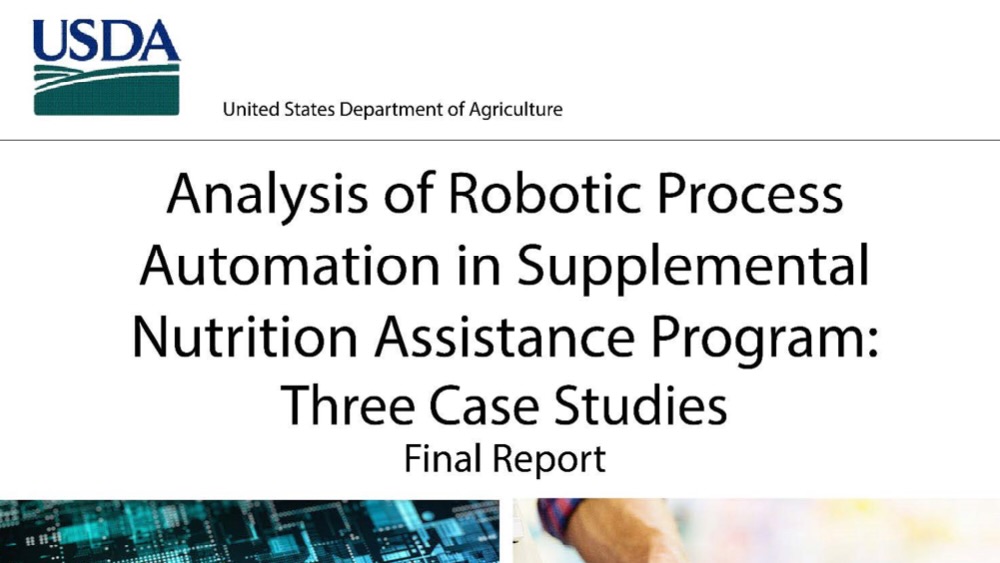
Analysis of Robotic Process Automation in SNAP: Three Case Studies
This study evaluates the use of RPA technology by three states to automate SNAP administration, focusing on repetitive tasks previously performed manually.
-
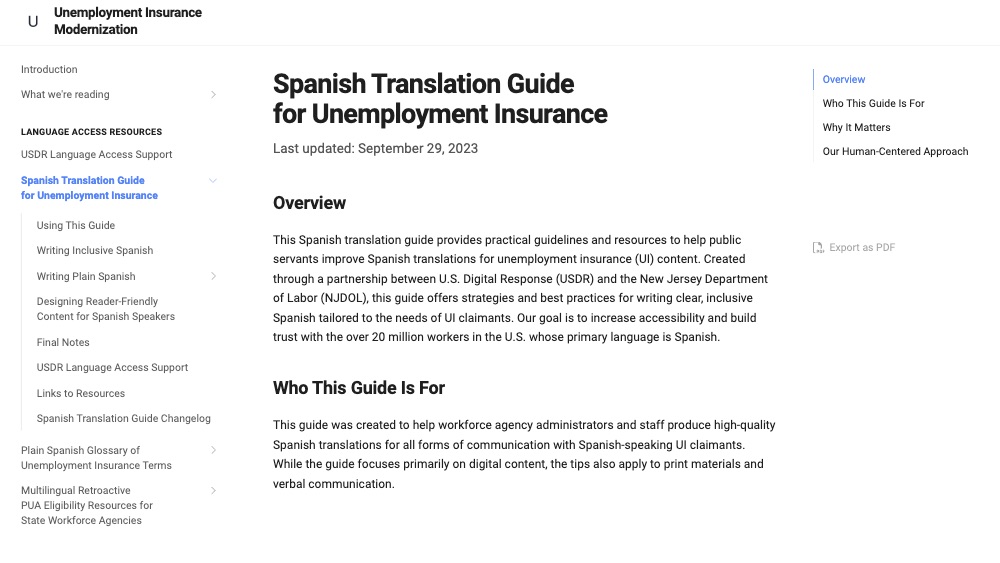
Spanish Translation Guide for Unemployment Insurance
Guidelines and resources to help improve Spanish translations for unemployment insurance (UI) content
-
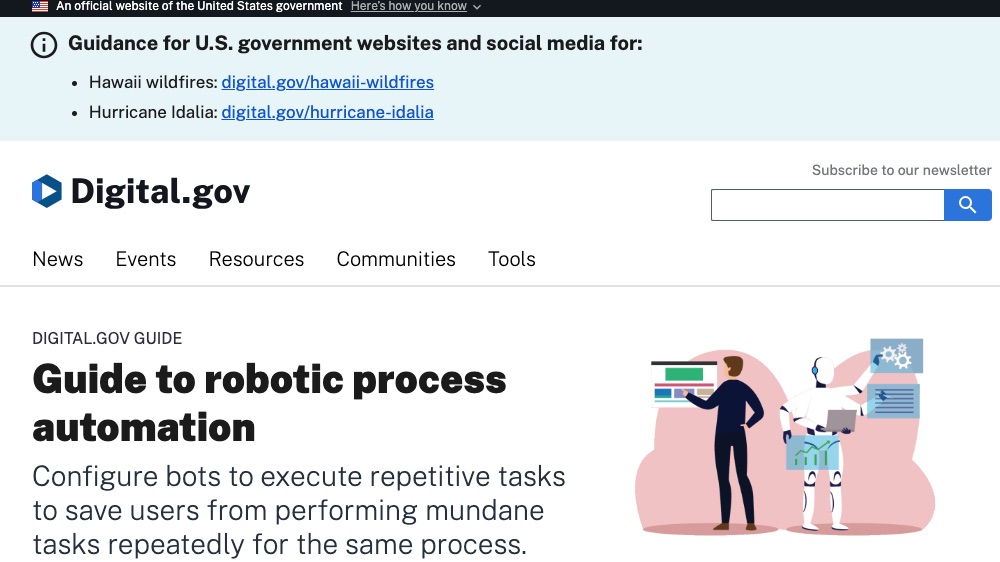
Guide to robotic process automation
The Guide to Robotic Process Automation, including the RPA Playbook provides detailed guidance for federal agencies starting a new RPA program or evolving an existing one.